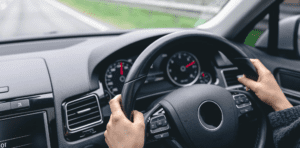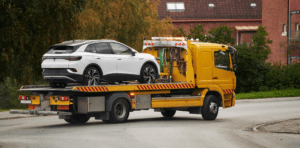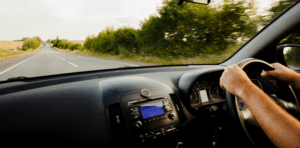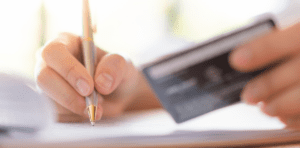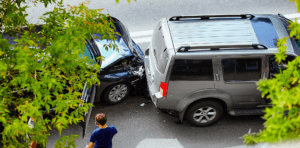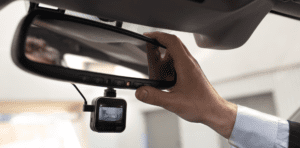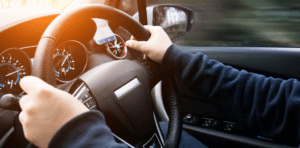Compare cheap car insurance
✔ Compare cheap car insurance quotes
✔ Over 110 insurance providers
✔ Get a quote in minutes
✔ Save up to £504*
Experiencing a car accident, regardless of its severity, often comes as a significant shock. To help you in maintaining composure during such times, we have compiled a detailed step-by-step guide.
This guide not only outlines the crucial steps to take following a car accident but also highlights the essential information your car insurance provider will require.
This comprehensive approach aims to streamline the post-accident process, ensuring you are well-prepared and informed.
What to Do After a Car Accident – Immediate Steps
Stop and Secure the Scene
As soon as possible after an accident, stop your vehicle safely and switch off the engine. Not stopping could result in being charged with leaving the scene of an accident, often referred to as a hit and run. Activate your hazard lights to alert other drivers to potential obstructions or debris on the road.
Check for Injuries
Ensure everyone involved is okay. If urgent medical care is needed, do not hesitate to call an ambulance.
Try to maintain your composure and avoid making hasty decisions or exiting the vehicle without being aware of your surroundings, as this could exacerbate the situation.
Safely Exit Your Vehicle
Carefully get out of your car and assess the scene. If there are injuries or if vehicles are blocking the road, dial 999 to report the accident to the police and call for an ambulance. If immediate help isn’t necessary, report the accident by calling 101.


Exchange Details
Communicate with the other drivers involved but avoid admitting fault or apologising since the determination of liability is the responsibility of the police and your insurance providers. Refrain from assigning blame or engaging in confrontations as these actions are unhelpful.
Gather Evidence
Collect contact information from any passengers or witnesses. Document any injuries and damage to your vehicle with photos. Record the driving conditions, as well as the time and date of the accident.


Contact Your Insurance Provider
Notify your insurance provider about the accident either from the scene or as soon as possible thereafter. Failing to inform your insurer about an accident, no matter how minor, could lead to the invalidation of your policy.
How much can you save on your car insurance?
What to Do After a Car Crash When I’m Stuck on the Hard Shoulder
Ensure Your Safety
Being stranded on the hard shoulder can be both alarming and perilous. It’s crucial to stay calm and focused.
Signal for Help
Immediately turn on your hazard lights to alert other motorists of your presence and potential hazard on the road.
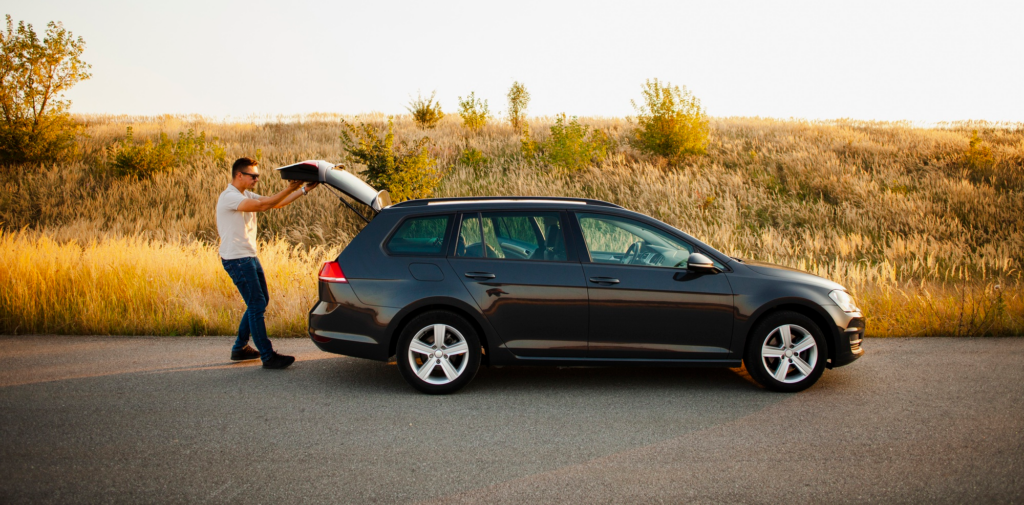

Position Your Vehicle
Attempt to stop your vehicle as close as possible to an emergency phone. These are located approximately every mile along the motorway, providing a direct line to assistance.
Without delay, call the police to report your situation. It’s vital to communicate your location clearly to ensure prompt help.
Exit the Vehicle Safely
When exiting your vehicle, always do so from the passenger side to avoid the dangers of oncoming traffic. This minimises the risk of further accidents.
Consider Pet Safety
If you have pets in the vehicle, they should remain inside unless you’re in an emergency situation where leaving them in the car poses a safety risk.
How much can you save on your car insurance?
What Insurance Details Do I Give in an Accident in the UK?
Exchange Essential Information
In the event of an accident with another vehicle, it is crucial to exchange details. Ensure you provide your information and also collect the following:
- The other vehicle’s registration, make, model, and colour.
- The name, address, and phone number of the other driver(s) and any witnesses.
- The driving licence number of all individuals involved.
- The insurance details of the other driver(s). Note that driving without insurance is illegal in the UK, so if the other driver lacks insurance, inform the police.
Note the Incident Details
Remember to record the time and date of the accident. Determine if the other driver is the registered owner of the vehicle. If the vehicle is a company car or borrowed, obtain the actual owner’s contact details.
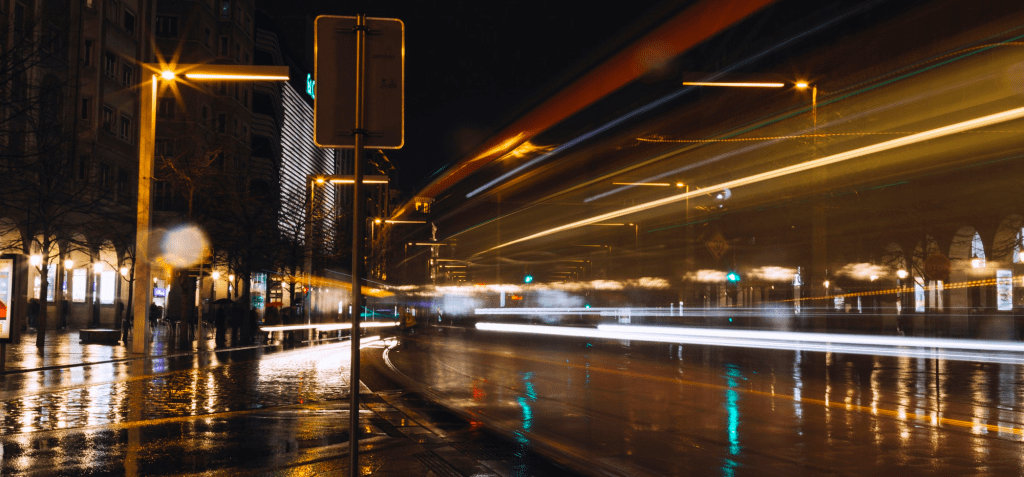

Actions for Unattended Vehicles
If you hit a parked car and cannot find the owner or leave your details, call 101 (the non-emergency police number) to report the incident.
Importance of Honesty
Being truthful is paramount. Failing to stop and being reported can lead to charges for not stopping after an accident. Car accidents can be stressful and frightening, especially if there are injuries.
Stay Calm and Collect Information
While ensuring everyone’s safety is your first priority, gathering the necessary details for your insurance claim is also important.
In the heat of the moment, you might not think about your insurance claim, so keeping a list like this handy can ensure you collect all the required information.
How much can you save on your car insurance?
What Other Details Should I Record at the Scene of a Car Accident?
Capture Visual Evidence
Taking photos of the accident scene and any injuries is crucial. These images serve as tangible evidence for your insurance claim and can help refresh your memory about the incident later on.
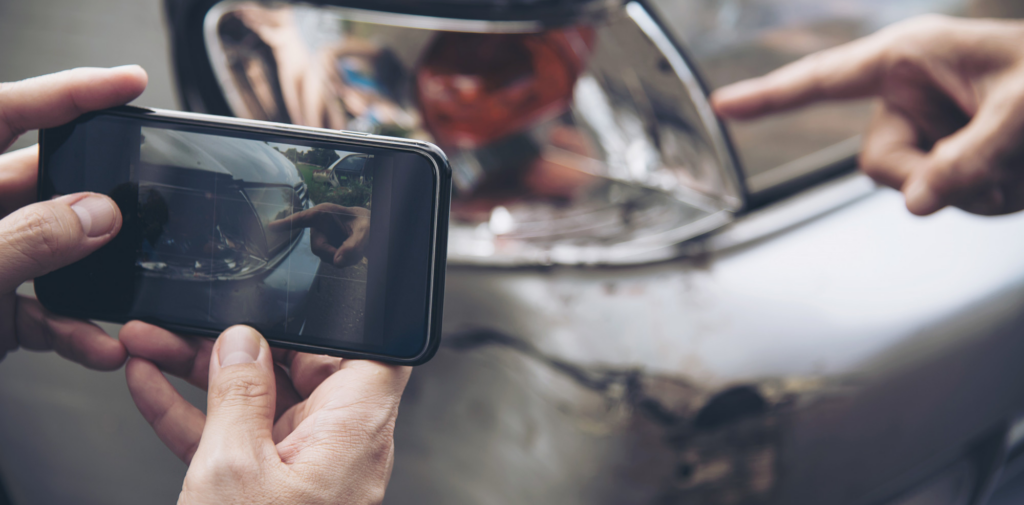

Document Everything
Accidents unfold rapidly, and it’s unlikely you’ll remember every single detail. Therefore, documenting the scene is essential. Collect notes, photos, and witness contact details to compile a comprehensive record of the event.
Sketch and Describe the Scene
Creating a sketch of the vehicle positions can be incredibly helpful. Additionally, jot down the driving conditions at the time of the accident, including any peculiarities regarding the road condition, area lighting, and the weather. This detailed account can be invaluable for understanding how and why the accident occurred.
How much can you save on your car insurance?
Report the Accident to the Police
Understanding the Importance of Reporting
It’s mandatory to report all motoring accidents to the police within 24 hours. Failure to do so may result in a fine, points on your licence, or even disqualification from driving.
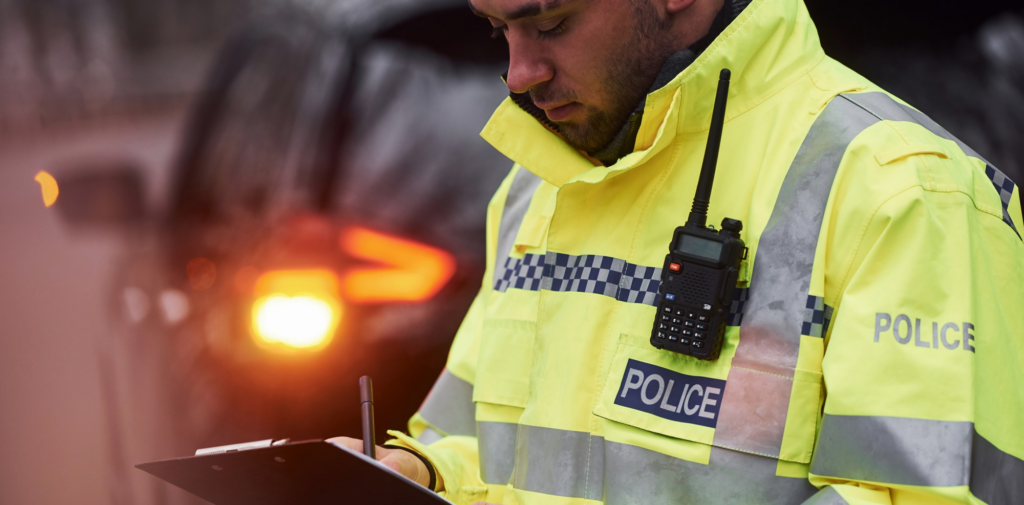

When to Call 999
You should immediately call 999 at the scene if any of the following apply:
- Injuries have occurred (also request an ambulance if needed).
- Vehicles or debris are obstructing the road.
- Any drivers involved are uninsured.
- You suspect a driver lacks a valid licence.
- You believe a driver is under the influence of drugs or alcohol.
- Other drivers attempt to leave the scene without exchanging details.
- Drivers are aggressive or threatening.
- You suspect the accident was deliberately caused for a fraudulent insurance claim, known as a ‘cash-for-crash’ scam.
Non-Emergency Reporting
If the situation doesn’t require an emergency response, you can still report the incident to the police via the 101 helpline. This can be done either directly at the scene or within 24 hours following the accident.
How much can you save on your car insurance?
Contact Your Insurance Provider
Prioritising Safety First
Initially, contacting your insurance provider may not be at the forefront of your mind, especially if there are injuries. However, once everyone’s safety is ensured, it’s important to turn your attention to dealing with your insurance.
Timely Notification
It’s crucial to inform your insurance provider about the accident within a reasonable timeframe, even if you don’t intend to make a claim.
What constitutes a “reasonable” period varies among providers, ranging from two days to a few weeks. To be certain, consult your policy documents.
Consequences of Delay
Failing to report the accident within the specified timeframe can invalidate your claim. It’s essential to understand how accidents can impact your car insurance.
Avoiding Delays
Procrastination in notifying your insurance provider offers no benefit. Delaying too much could result in the inability to claim at all.
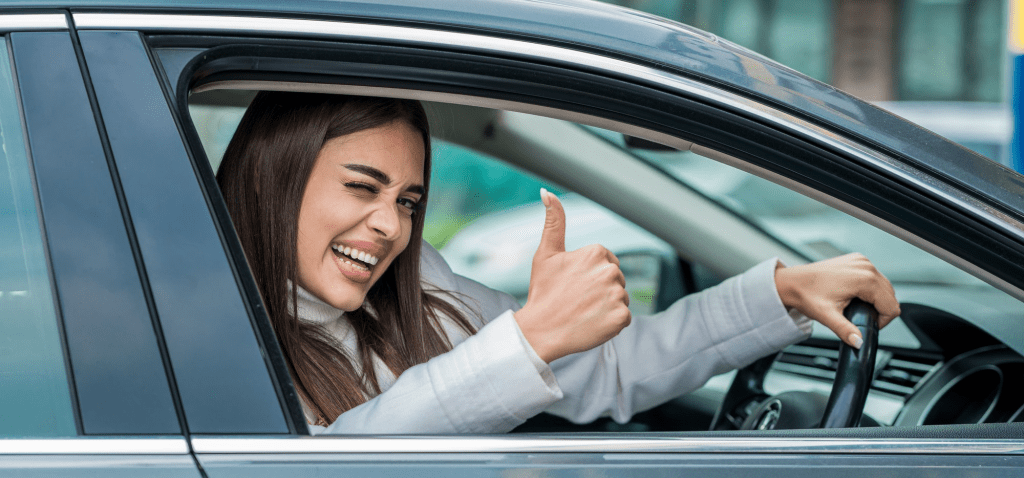

Before Repairing Your Car
Consult your insurance provider prior to getting any repairs done. They may require you to use an approved garage.
Opting for a local garage not recognised by your insurer could invalidate your claim. Additionally, the provision of a courtesy car depends on your policy details.
Making a Claim
Should you decide to make a claim, your insurance provider will guide you through the next steps. For further information, consider reading a guide on the claims process.
How much can you save on your car insurance?
Get a Good Deal on Your Car Insurance
Understanding the Necessity
For drivers, car insurance is an unavoidable requirement. Yet, securing the appropriate policy should not be a daunting task.
Finding the Right Policy
By comparing car insurance with us, you can rest assured that you’re selecting a deal that aligns perfectly with your needs.
How much can you save on your car insurance?
Frequently asked questions
Yes. Regardless of who was at fault, or the extent of the damage, if you’re involved in an accident, it’s mandatory to stop.
Ignoring this requirement, or not sharing your contact information, constitutes an offence under the Road Traffic Act if any of the following occurs:
- Someone is injured
- A vehicle or property sustains damage
- You collide with certain animals, including dogs and farm animals
- There is damage to street signs or bollards
Failing to stop can lead to being charged with leaving the scene of an accident (also known as hit and run).
Being convicted of this in a magistrate’s court can result in 5-10 points on your driving licence, a fine of up to £5,000, and potentially up to six months in prison.
In the event you’re involved in an accident with another driver (or drivers), it’s essential to inform your insurance provider of the following:
- Your policy number and details to verify your identity
- The name(s) of the other driver(s) involved
- Their contact details and address
- The registration numbers of the vehicles involved
- The other driver’s car insurance details
It’s important to provide your insurance provider with as much detail as possible about the accident. This is crucial especially if you intend to make a claim, or if you suspect a claim might be made against you.
If you or any passengers are seriously injured in a car accident, it’s crucial to call an ambulance or go to A&E without delay.
For minor injuries or if you’re experiencing any pain, it’s wise to visit your GP to ensure there are no severe internal injuries lurking beneath the surface.
Injuries common to car accidents, such as whiplash, might not make their presence known immediately.
Should you decide to make a claim, obtaining a copy of any medical reports to forward to your insurance provider is a smart move.
A crash-for-cash scam involves a driver deliberately causing an accident to lodge a fraudulent insurance claim.
This can occur if they brake suddenly, leading you to collide with the back of their vehicle, or they may flash their lights at a junction, indicating it’s safe for you to proceed, only to then intentionally crash into you.
If you suspect you’re the victim of a crash-for-cash scam, it’s advisable to call the police to the scene.
Additionally, taking photos and making detailed notes about the incident is crucial, as the fraudsters often exaggerate the circumstances to secure a larger payout.
To lessen the risk of falling prey to such scams, consider the following precautions:
- Maintain a safe distance from the vehicle ahead
- Stay alert to drivers behaving erratically, such as braking without apparent cause, and give them ample space
- Allow extra room for vehicles that have non-functional brake lights
- Exercise caution at junctions and roundabouts
- Consider installing a dash cam to document any incidents
Provided your car is deemed fit to drive, you are allowed to drive it away following an accident. Nonetheless, it’s prudent to have your vehicle inspected by a mechanic even in the absence of visible damage.
It’s essential to check your insurance documents, as your policy might become invalid if you neglect to take your car to a garage for a check-up before making a claim.


